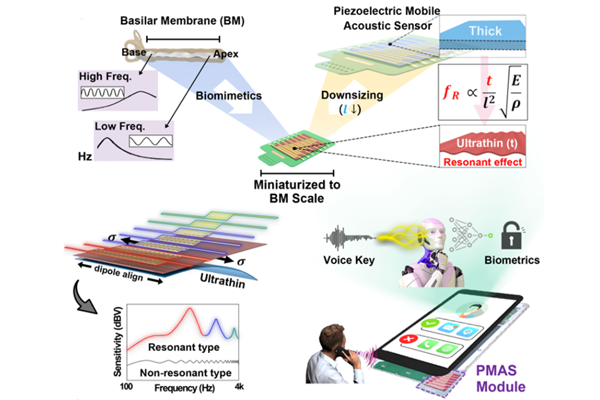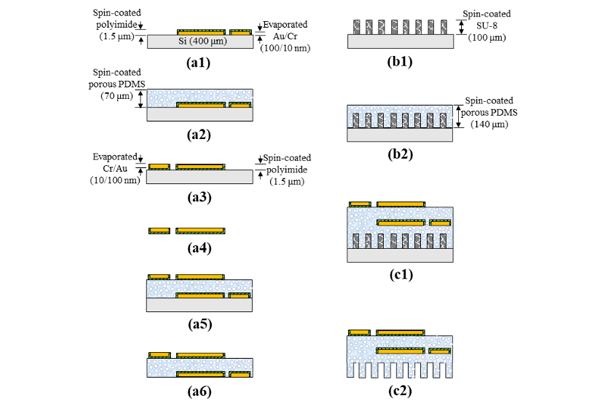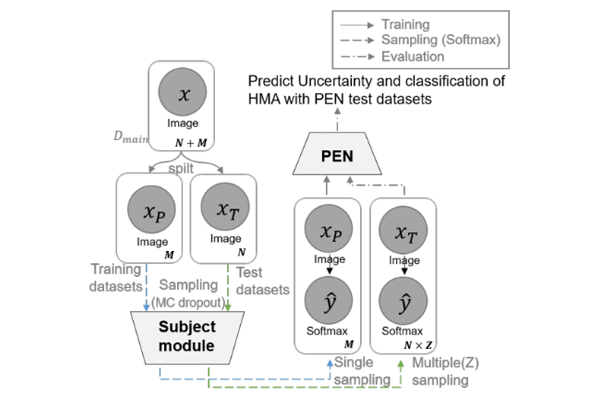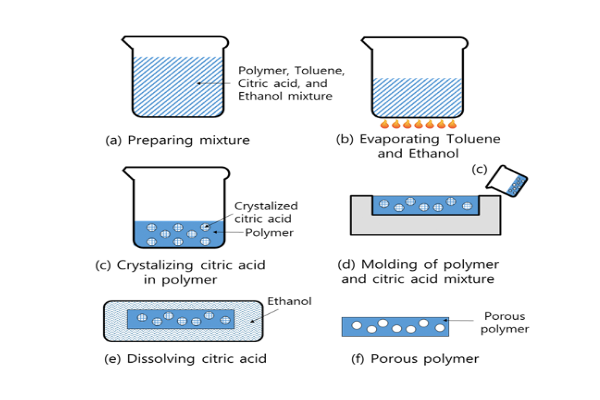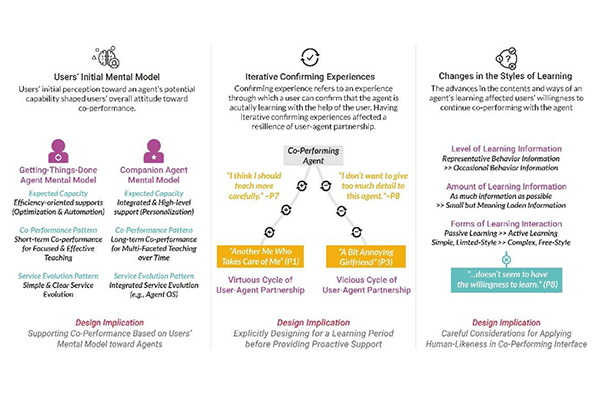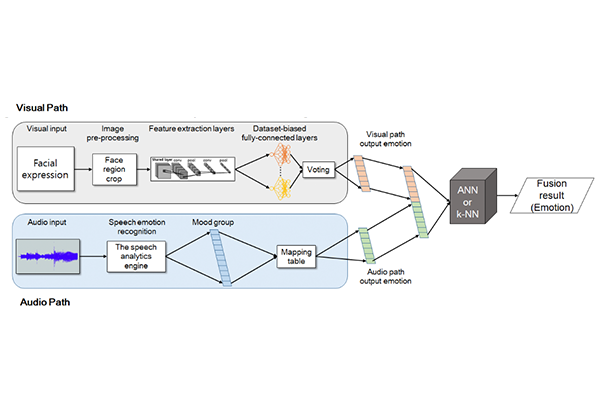-
Research Highlight
First Commercial Prototype of a Biomimetic Resonant Acoustic Sensor for Accurate and Long-distance Voice Detection
Prof. K.J. Lee's group has developed and miniaturized a flexible piezoelectric acoustic sensor a with multi-resonant membrane mimicking the basilar membrane....read more
-
Research Highlight
Understanding the Preferred Driving-Style Guiding Experience in Autonomous Vehicles
ID KAIST researchers investigated the idea of user’s guidance of their preferred driving styles as a novel input channel for human-centric autonomous vehicle (AV) control....read more
-
Research Highlight
Breathable pulsewave sensors with haircell structures
Prof. Young-Ho Cho’s group has developed a skin-attachable pulsewave sensor with haircell structures capable of wicking sweat rapidly from the skin with increased pulsewave detection accuracy. The breathable sensor reduces the skin redness and itching caused by conventional wearable biosensors that trap sweat beneath them, while the haircell structures achieve conformal contact to the skin with a larger contact area for higher pulsewave detection accuracy....read more
-
Research Highlight
Accessing human uncertainty via the lens of deterministic neural networks
Prof. Sang Wan Lee’s team explored the possibility of accessing human uncertainty via the lens of deterministic neural networks. Medical image diagnosing tests with 64 physicians showed that an ensemble neural network has the capacity to perform human uncertainty inference....read more
-
Research Highlight
Reinforcement Learning Algorithm for Batch Chemical Process Control
Haeun Yoo, a member of Prof. Jay H. Lee’s group, has proposed a phase segmentation approach and modified deep deterministic policy gradient algorithm for batch process optimal control under uncertainty....read more
-
Research Highlight
Breathable polymer membranes for wearable devices
Prof. Young-Ho Cho’s group has developed a new fabrication technique for breathable polymer patches that rapidly wick sweat away from the skin. The technique could reduce the redness and itching caused by wearable biosensors that trap sweat beneath them....read more
-
Research Highlight
Design for Building User-Agent Partnership in AI Assistant’s Learning and Adaptive Services
ID KAIST Researchers investigated how to design an intelligent assistant that can co-evolve with its user to be able to provide meaningful and effective personalized services....read more
-
Research Highlight
Decision-Level Fusion Method for Emotion Recognition using Multimodal Emotion Recognition Information
We confirmed which combination of features of multi-modal emotion recognition achieves the highest accuracy....read more

291 Daehak-ro Yuseong-gu Daejeon, 34141, Republic of Korea
Partnered with KAIST Breakthroughs and KAIST Compass
